- Replies 85
- Views 48.2k
- Created
- Last Reply
Top Posters In This Topic
-
Mopar1973Man 28 posts
-
dripley 15 posts
-
AH64ID 7 posts
-
Tractorman 6 posts
Most Popular Posts
-
Sounds like EPA hype... I've seen that one before. Being I'm over 200k miles on 2 cycle oil and no such injector fouling has occurred. No injection pump or injector failures
-
I've had more injectors in my truck than most will see in their life. All of them were run with 2-stroke. None of them were even remotely fowled. Valves get more oil on them from the valve seals being
-
No effect at all. I'm changing both the AirDog and Stock fuel filters at 60k miles now. I've got roughly 47k miles on my current filters and fuel pressure





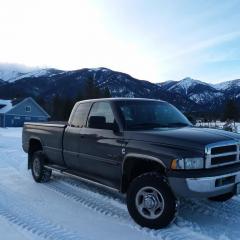

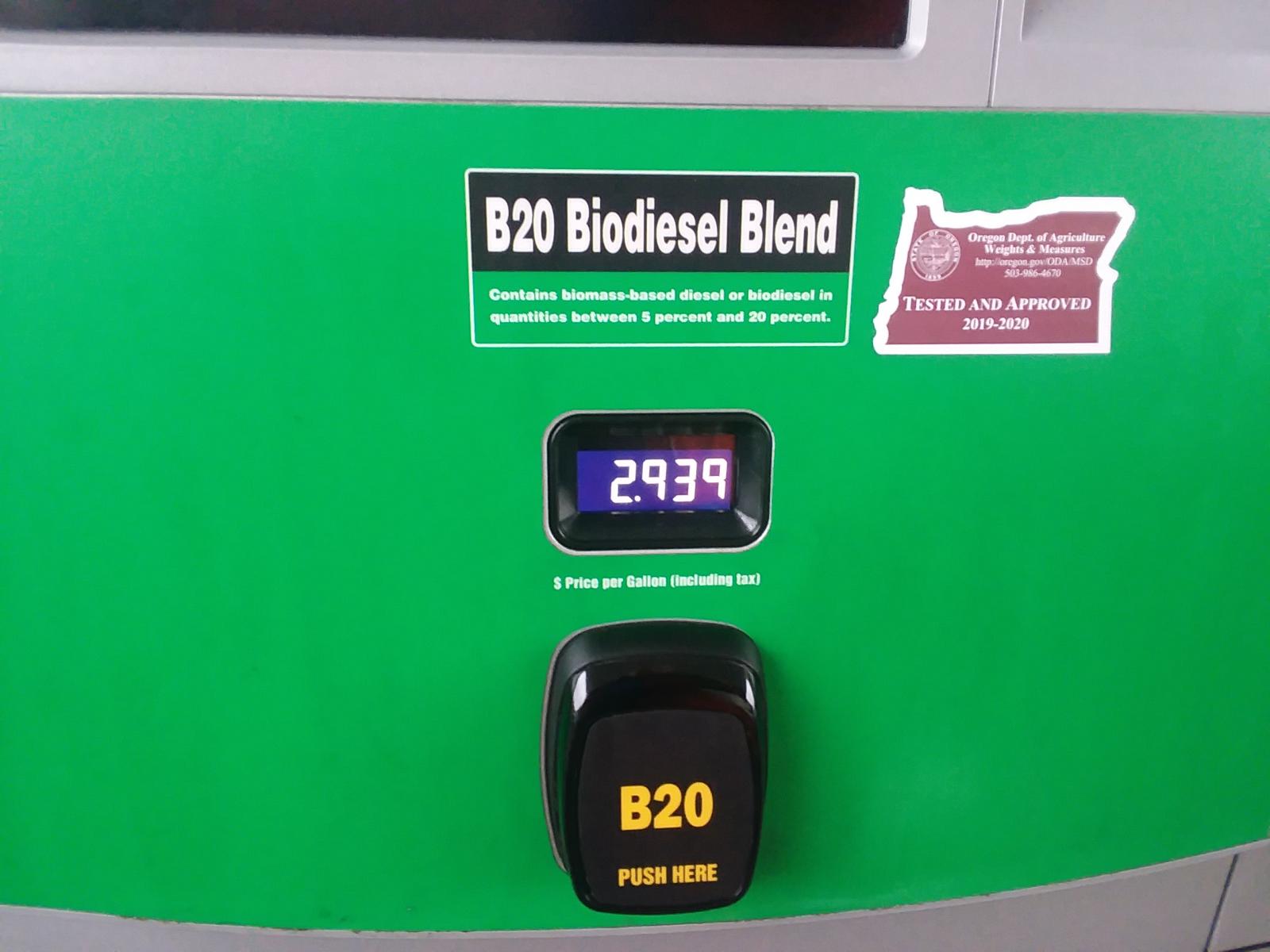
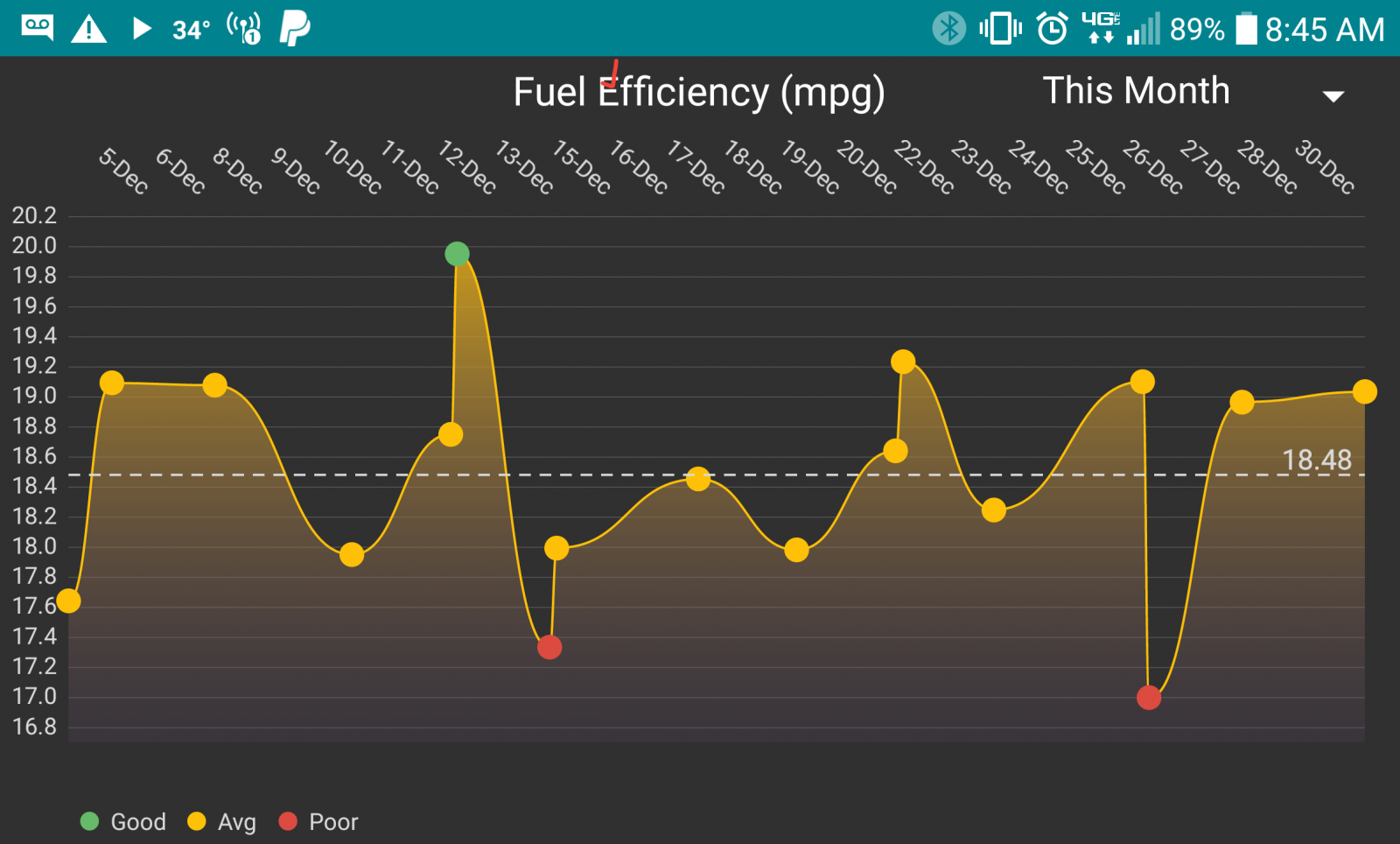
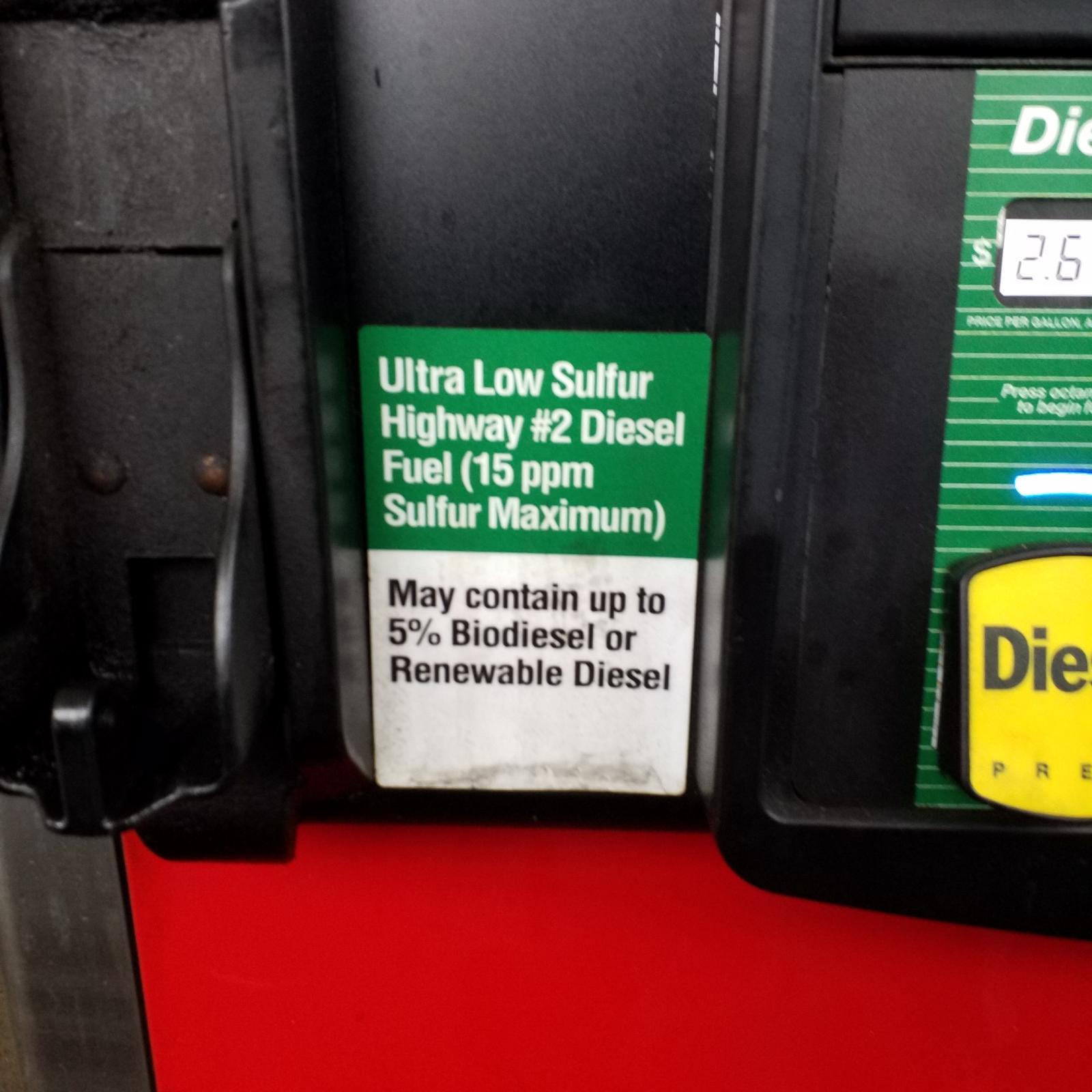
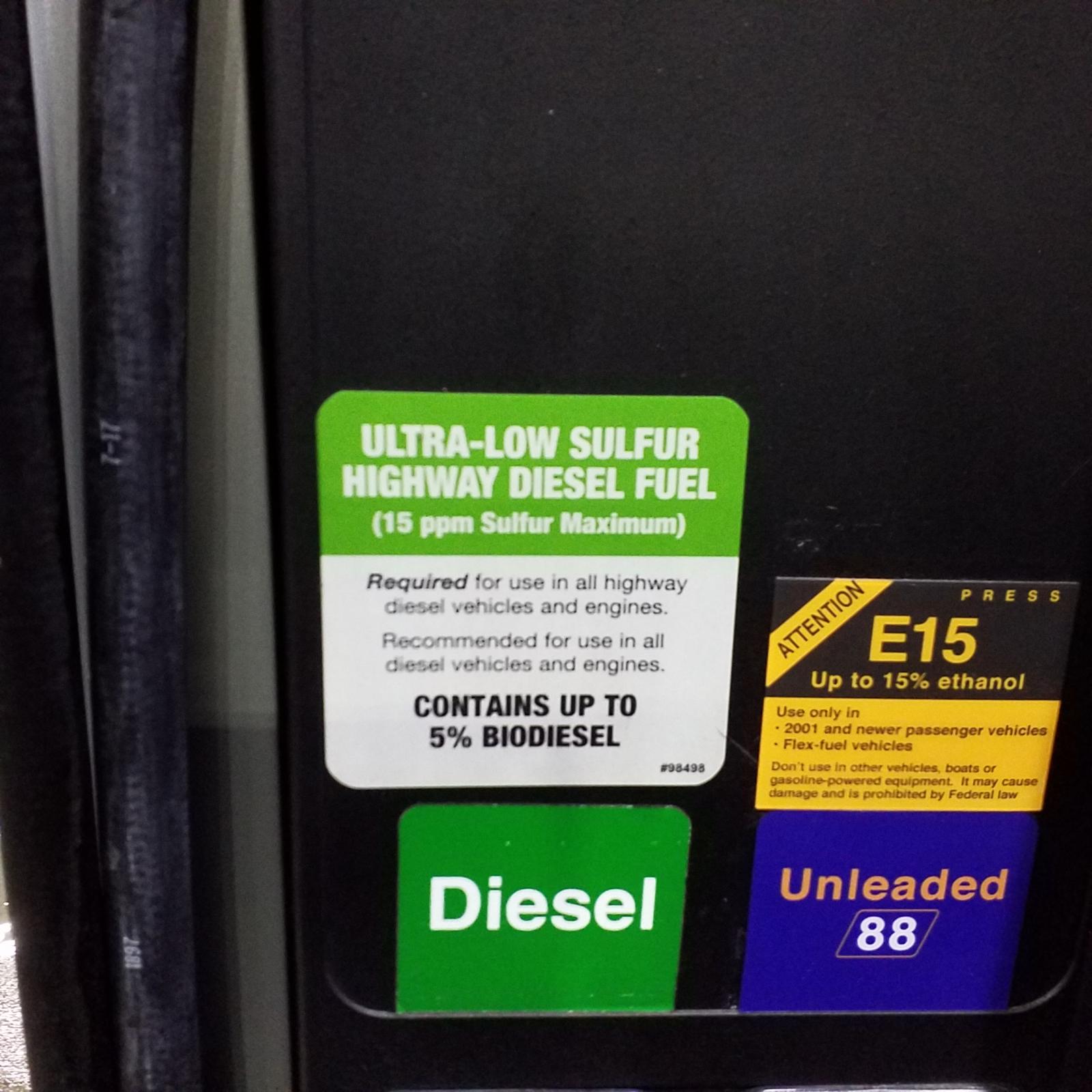
seeings how the two other two stroke posts are locked i am starting this one.
http://www.fuelexpert.co.za/2strokeoilindiesel.php
http://www.fuelexpert.co.za/2-stroke-oil-in-diesel-technical-study.php
thoughts....